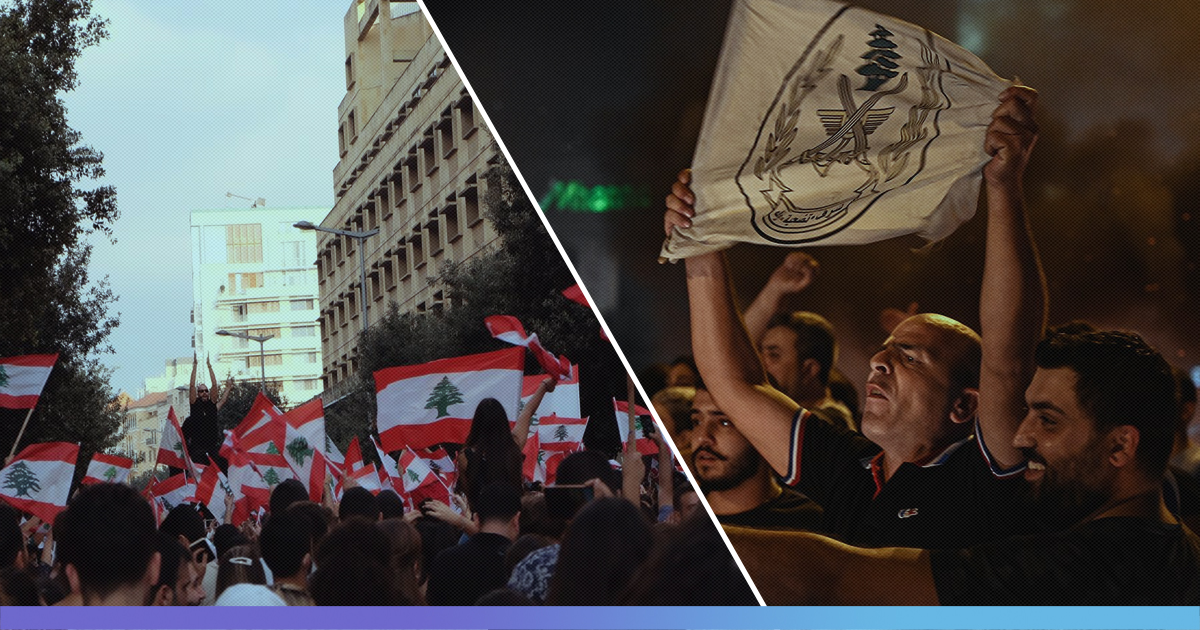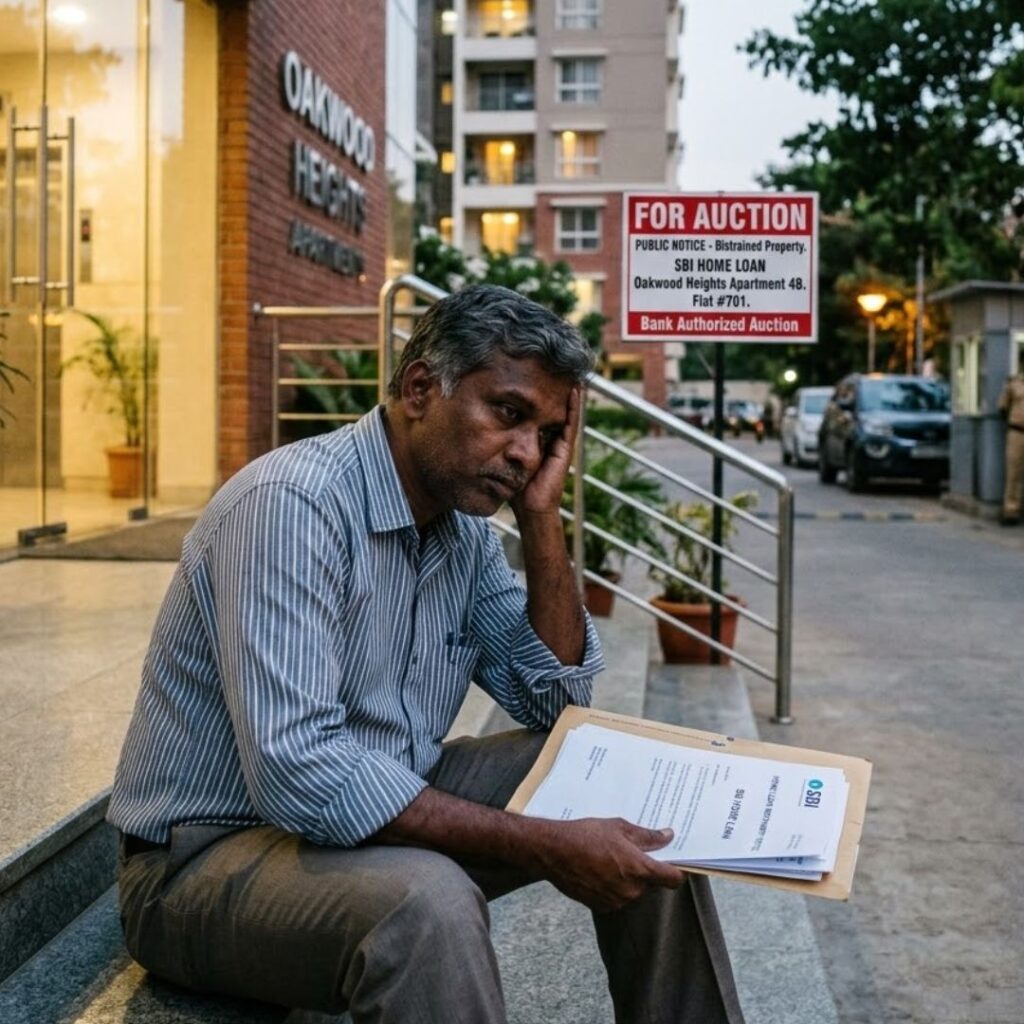In Lebanese capital Beirut, streets are flooded with people protesting against the unprecedented rise in corruption cases in the national government. The Lebanese protestors’ key demand is the complete revamp of the political structure, which has corroded the country’s economy.
A Fete Or A Protest?
A video of protestors singing for a baby inside a car has gone viral on social media. A woman’s car got trapped in the protests and she told the agitators that her baby is scared to see the wild protests. Protestors didn’t take a minute to encircle the car and danced on the Baby Shark tune to calm the child down.
Protesters were blocking the road a mum told them she wanted to pass because her baby was afraid.
This is what they did ��
Our people are the best!#Lebanon #ThatsHowWeProtest pic.twitter.com/CI7NX545dq— Rachel R. (@RachelleRashid) October 19, 2019
The video is both sweet and uplifting. It’s also surprising because a Lebanese crowd acting in unison shows that the protestors have transcended the religious divides to come together against the government.
Why Is Lebanon Protesting?
The outburst erupted on the backdrop of the country’s telecommunications minister announcing proposals to charge $6 a month for WhatsApp and other internet-enabled voice calls for Whatsapp on October 17. This announcement pushed people beyond their saturation point, and massive demonstration took place in the streets of Beirut, demanding a complete change in the political structure of the country.
(BBC) Lebanon’s political system allocates the top political jobs according to religion. That has produced a patronage system expertly exploited by the politicians.
What has been striking is that the protests have cut across the sectarian lines that have plagued Lebanon for decades.
“For the first time ever there is real unity in the country and not a fake one like we’ve seen before,” says Christian Manachi, 29, a protester.
“People are realising that a Christian living in extreme poverty is no different from a Sunni or Shia living in extreme poverty.”
However, the protest transcended all religious, social, and cultural divides. People came together – hand-in-hand wanting to bring down the government that according to them is debauched in power.
Economic Crisis
The government has linked their currency with the dollar to ensure the inflow of dollars in the country to import goods and services that the economy of Lebanon largely depends upon. However, the import is only managed by the upper crest of the Lebanese population.
Beneath this veneer, the government runs a budget deficit equivalent to 10 per cent of the Gross Domestic Product. Public debt is equal to more than 150 per cent of GDP.
Demand Raised By The Protestors
The protestors’ anger knows no bounds as they are not ready to meet the government mid-way. They want a complete revival of the political structure of the country. The key slogan of these protests has been: “All of them means all of them.” No one is blameless; all are guilty of pushing the country to the brink. The chants one hears on the streets range from rhymes cursing specific government ministers to a simple call for “revolution”.
Prime Minister Announces Reforms
As Lebanese put their biggest display of dissent, Prime Minister Saad al-Hariri put forth a package of reforms for Lebanon. Hariri, who is leading a coalition government in the country, asked the ministers to abide by the reforms presented by him. He also hinted that if the ministers failed to do so within 72 hours, he may resign. Within the package of reforms, he declared a 50% reduction in salary for politicians and the establishment of an anti-corruption panel.
However, protesters demanded the ministerial power to be handed over to a transitional council made up of judges with no political affiliation until elections are held.
Also Read: Explained: What Would Turkey Gain From Syrian Conflict











